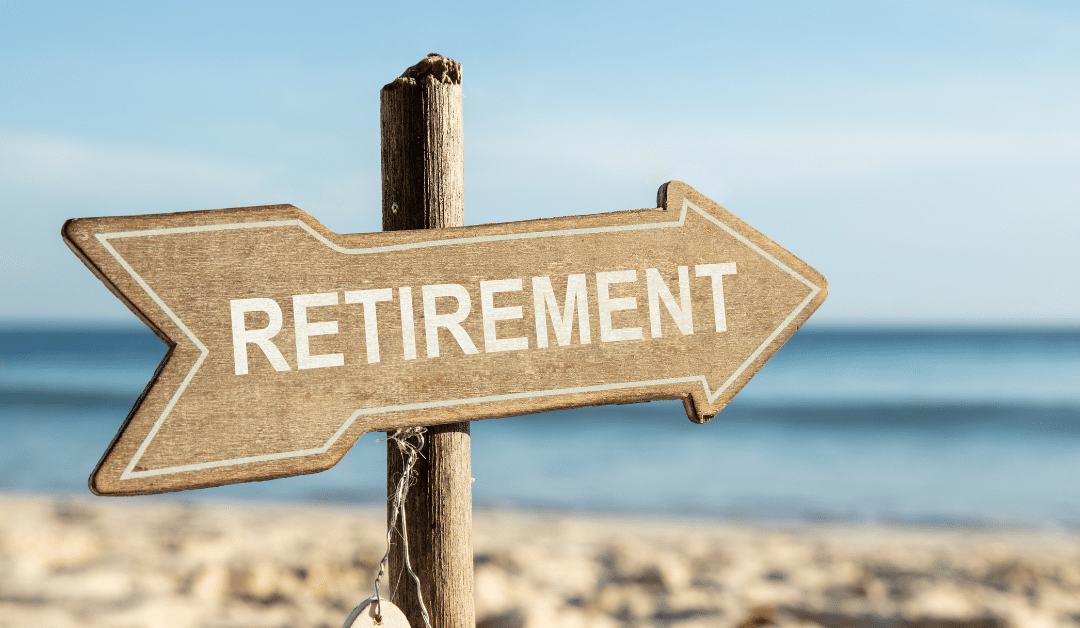We understand that planning for retirement is a significant milestone in one’s life. It’s a journey that deserves thoughtful consideration and meticulous planning to ensure your golden years are as fulfilling and enjoyable as possible. As a trusted residential care home in Bristol, we have an array of experience in helping people navigate this stage of their life. We can use that experience to help guide you through the essential steps to plan for retirement, and beyond.
1. Start Planning for Retirement Early
Planning for retirement should ideally begin well in advance of your retirement age. The earlier you start, the more time you have to build a financial nest egg and make important decisions about your future. Consider seeking advice from a financial advisor to help you create a comprehensive retirement plan that accounts for your savings, investments, and potential pension income.
If you have had multiple jobs in the past then it is important to make sure that all of your pension pots are consolidated, so you’re not losing out on anything.
When it comes to beyond retirement it can be worth keeping your eyes peeled for care homes, should the need arise. There are many care homes, such as ours, which take into account the individual independence level of each individual, so whether it’s just a small number of jobs that you need help with, or if you need a more all-encompassing level of dementia care, there are options to suit you.

2. Assess Your Health and Care Needs
Healthcare becomes increasingly important as you age. Consider your current health status and any potential future care needs. It’s wise to explore long-term care options to ensure you’re prepared for any unexpected medical needs. This may include looking into cost reductions for health care that becomes available to seniors, such as reduced prescription costs and dental care for seniors.
3. Create a Retirement Budget
Developing a budget that aligns with your pension is crucial. Account for your living expenses, including housing, utilities, groceries, and transportation, as well as any leisure activities or travel plans you may have. By having a clear budget, you can manage your finances more effectively during retirement.
It is important to keep this up to date with any changes in outcomes, just as increases or decreases in pensions payout, changes in outgoing, and cost of living changes which are not counted for in your pension payout.

4. Explore Retirement Housing Options
As you age, your housing needs may change. Research various retirement housing options, including independent living communities, assisted living facilities, and care homes. Care homes, like ours, provide a safe and supportive environment for those who may require assistance with daily activities.
In the short term, changes can be made to your home to keep yourself more mobile. These changes can be things such as shower seating or stairlifts.
If you are considering changes to your living arrangements then respite care or day care services from a care home can be a good way to get a feel for what life is like in a care home, without having to make any commitments.

5. Make a Will and Plan Your Estate
Estate planning is an essential part of preparing for retirement and beyond. Create a will to outline your wishes regarding your assets and possessions. Consider establishing a power of attorney and appointing someone you trust to make financial and healthcare decisions on your behalf if necessary.
6. Stay Physically and Mentally Active
Maintaining good physical and mental health is key to enjoying your retirement to the fullest. Regular exercise, a balanced diet, and social engagement can help you stay active and vibrant as you age. Consider joining clubs, volunteering, or pursuing hobbies that bring joy and purpose to your life.

7. Seek Social Support
Retirement can sometimes lead to feelings of isolation. Building and maintaining a strong social network is essential for emotional well-being. Stay connected with family and friends, and explore opportunities to meet new people and make new friends.
8. Plan for End-of-Life Care
While it may be uncomfortable to think about, planning for end-of-life care is an important part of retirement planning. Consider your preferences for end-of-life care, including advanced healthcare directives and funeral arrangements. Discuss these preferences with your loved ones so that they are aware of your wishes.
Planning for your retirement and beyond is a journey that requires careful consideration. Though this may come with uncomfortable decisions, it is much better to address these decisions early on, making your preferences known to your loved ones.
Remember that you don’t have to navigate this journey alone; seek advice from professionals and involve your loved ones in the planning process. Your retirement years should be a time of relaxation, enjoyment, and peace, and with the right planning, they can be just that.


